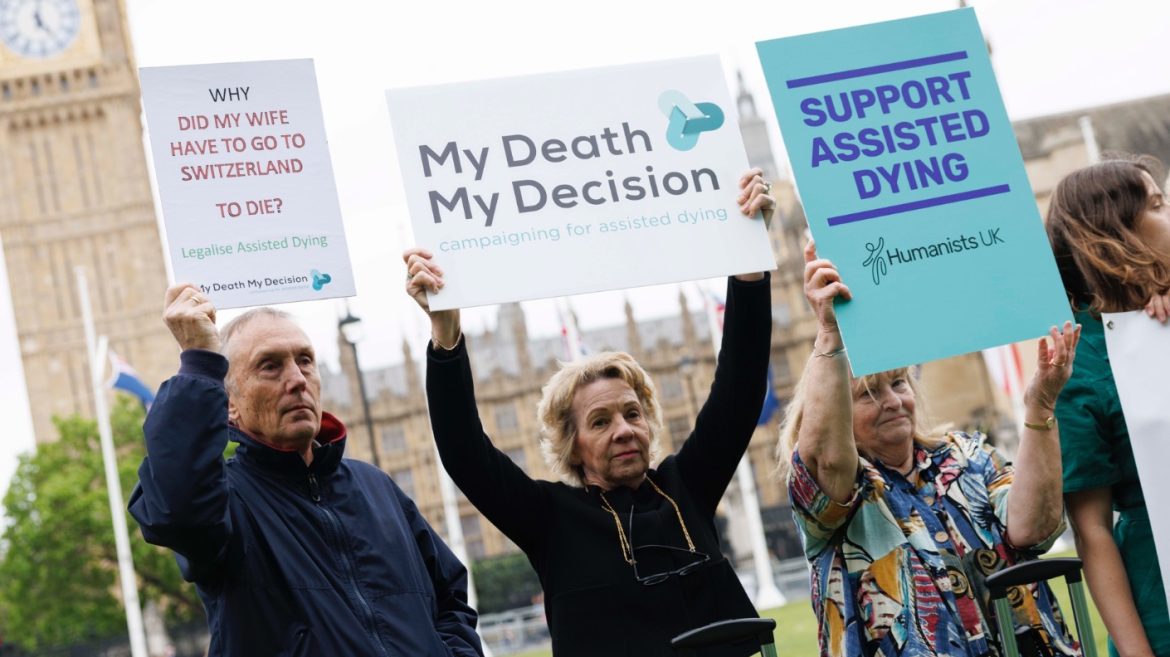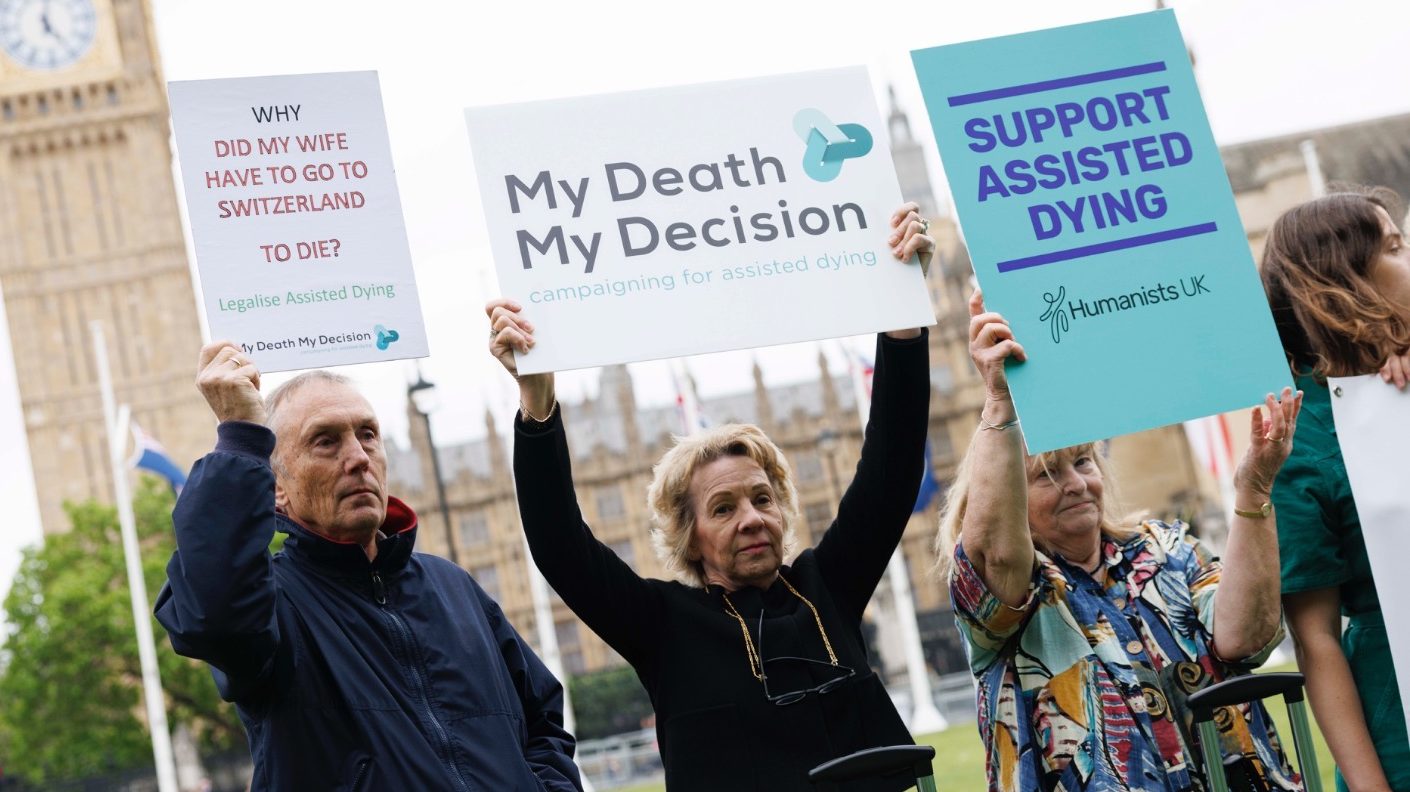MPs are debate the latest stage of a proposed law to allow assisted dying in England & Wales.
Proposals to legalise assisted dying return to Parliament on Friday backed by Dame Esther Rantzen and Sir Keir Starmer but criticised by some professional medical bodies.
MPs will take part in a five-hour session during which various amendments to the Terminally Ill Adults (End of Life) Bill will be debated and voted on.
It is possible this part of the process, known as the report stage, will run into a second day next month, meaning a vote on approval or rejection of the overall Bill would not take place on Friday.
Opponents have argued the Bill does not have enough safeguards and has been rushed through, with two royal medical colleges voicing their doubts on the legislation in its current form.
The Royal College of Physicians (RCP) has said it believes there are “concerning deficiencies” with the proposed legislation as it stands while the Royal College of Psychiatrists (RCPsych) said it has “serious concerns” and cannot support the current Bill.
Dame Esther, credited for her efforts in bringing the conversation on assisted dying to the fore in recent years, said she remains a strong backer of the Bill.
The 84-year-old, who has stage four cancer, said in a statement to the PA news agency: “I continue to fully support Kim Leadbeater’s assisted dying Bill which will give patients, like me, with a terminal diagnosis, choice they need and deserve at the end of their lives.”
It is understood she will try to follow the debate remotely on Friday, having given an update last month that she is on a different treatment since her “wonder drug has stopped working” and faces an “extremely limited” future.
Meanwhile Sir Keir, who is on a trip to Albania and so will not be at the debate, has indicated he remains supportive of the proposed legislation.
The PM voted for the Bill last year and, in comments to reporters this week, said it was facing “a lot of scrutiny”, adding that he was “satisfied” it had “sufficient time” in Parliament.
The Government is neutral on the Bill and any votes MPs make are according to their own conscience rather than along party lines.
The RCPsych statement was branded by one opponent of the Bill as a “blow to its foundations”.
Paralympian Baroness Tanni Grey-Thompson, who would have a vote on the Bill should it make its way to the Lords, argued it has “not been made safer”, criticising the scrapping of the much-lauded High Court safeguard in favour of expert panels.
But in a boost, new Reform MP Sarah Pochin has confirmed she will support it.
Mike Amesbury, who she replaced in the Runcorn and Helsby constituency earlier this month, had voted no last year.
Amendments potentially set to be debated on Friday include ensuring there is no obligation on anyone, such as medical staff, to take part in the assisted dying process; that no medical professional can raise the subject of assisted dying before a patient does; and that health professionals cannot broach the topic with someone under the age of 18.
Expressing continued hope that her Bill can keep making progress through Parliament, Labour MP Ms Leadbeater said proceedings in the Commons will be watched by terminally ill people and bereaved family members “who are counting on us to make our law better, safer and kinder – not just for them but for all of us, whatever we might choose”.
In a comment piece in the Mirror newspaper, she said: “We are closer than ever to achieving the change the British public have long been calling for.”
She insisted the Bill is “even stronger” than it was back in November, and “goes further than any other around the world in its safeguards, oversight and regulation”.
While pro-change campaign group Dignity in Dying said Friday is a “milestone in the journey towards a more compassionate and safeguarded law”, the Christian Action Research and Education group, which is against the Bill, urged MPs to instead focus on end of life care.
Its chief executive, Ross Hendry, said: “Instead of legislating for assisted suicide, parliamentarians should look to ensure that every life is protected and focus on improving truly life-affirming forms of care.
“Experts stress the effectiveness of holistic palliative care in meeting the physical, mental and spiritual needs of terminally ill people when it receives appropriate investment and prioritisation.”










